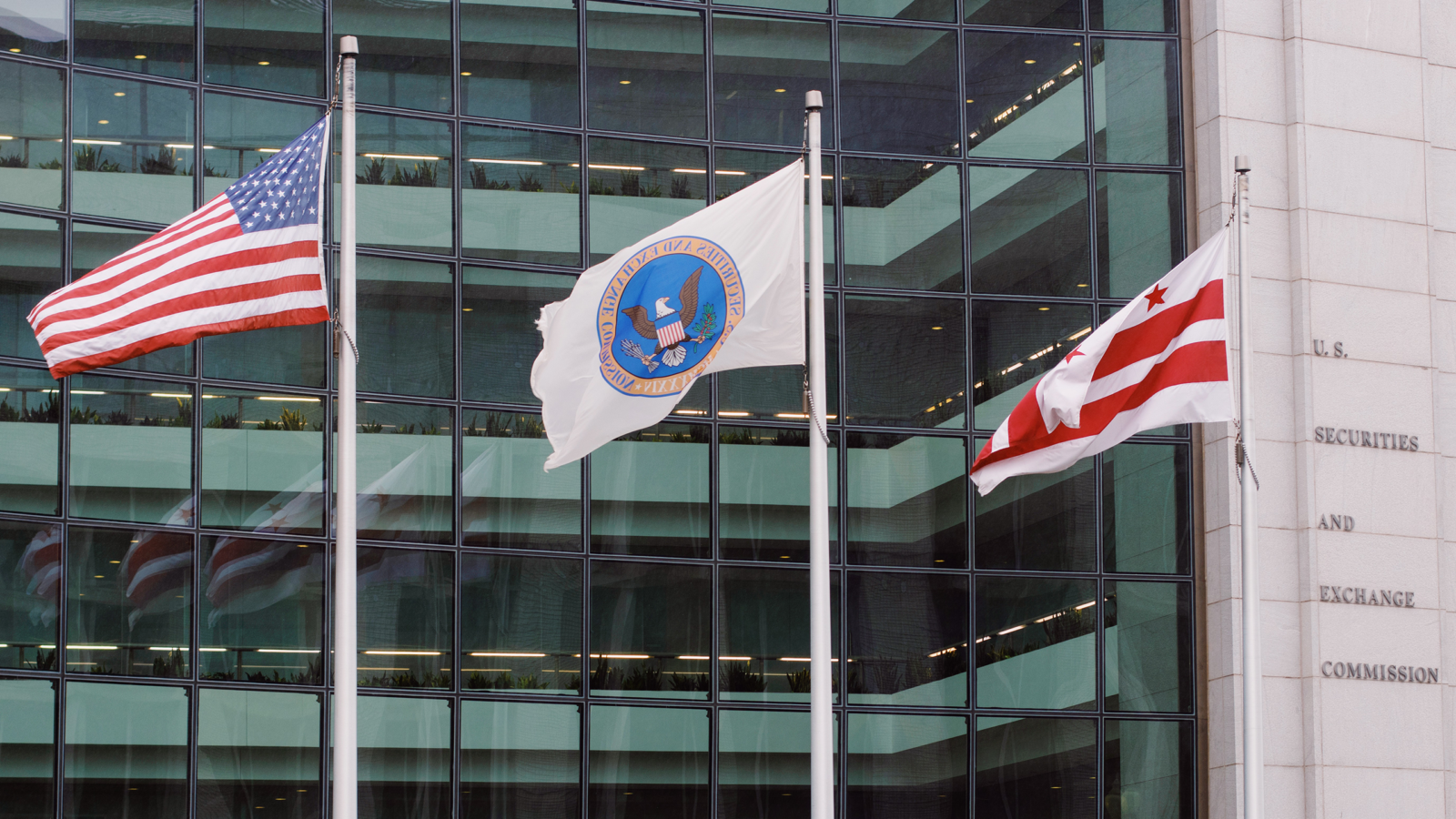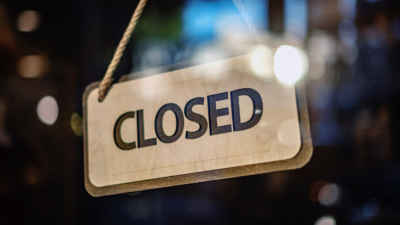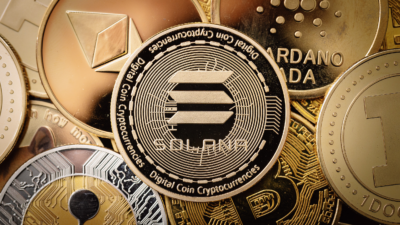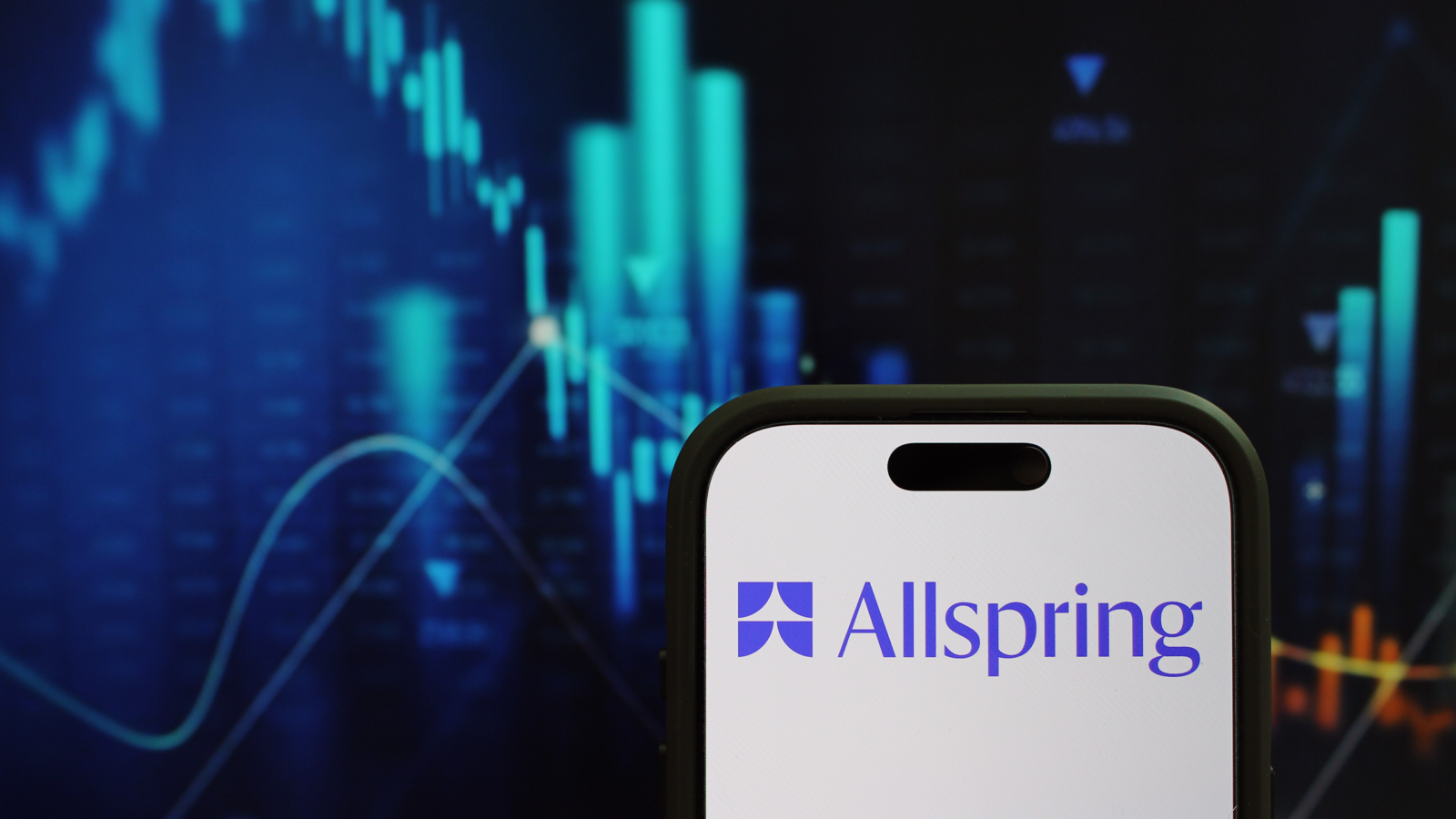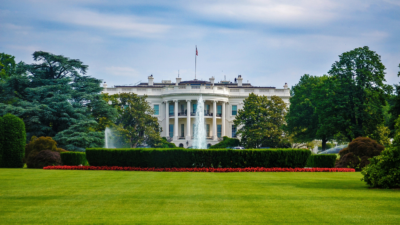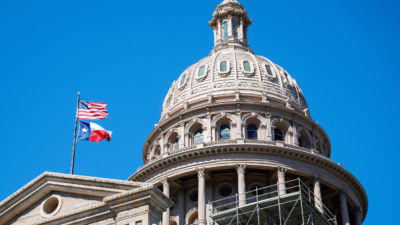Betting on Sin Stock ETFs Is Paying Off Amid Volatility
Funds that invest in “morally questionable” industries are doing better than others amid market volatility this year.

Sign up for exclusive news and analysis of the rapidly evolving ETF landscape.
Mob boss Tony Soprano once asked, “What two businesses have traditionally been recession-proof since time immemorial?” The answer: “Certain aspects of show business, and our thing.”
Cosa Nostra is certainly a far cry from the ETF industry and the wider asset-management business. But a takeaway is that some industries are more insulated than others from market dives. Take, for example, alcohol, tobacco, weapons, gambling, and a mutual fund that intentionally focuses its holdings on those areas: The Vice Fund (VICEX). Year to date, it has a return of just over 4%, which may not sound impressive until you consider the Morningstar Global Total Market Exposure Index being down 7% and the S&P 500 falling by 9%. Bada Bing.
“The main idea for the Vice Fund is that there is a subset of equities that are sort of morally questionable to certain groups,” said Paul Strehle, president of USA Mutuals and the portfolio manager of the fund. “And due to that, these typically trade at a discount on a variety of metrics.”
Apples to Apple Brandy
VICEX is one of a select few to invest specifically in those industries:
- The $6 million AdvisorShares Vice ETF focuses on companies in the alcohol, tobacco, gambling, and food and beverage industries. That ETF, which charges 99 basis points, has returned (5)% year to date.
- Another, the Thematic Investments B.A.D. (betting, alcohol, and drugs) ETF, liquidated in 2023.
The recent returns come at a cost. While the Vice Fund ranks in the top 1% in its Morningstar category this year (and during a down year in 2022), it was at or near the bottom every other year since 2020. And then there’s the fee, which is not small at 173 basis points for A shares (a factor Morningstar dings it for). It is small, at about $50 million, and small funds sometimes have higher expenses because they lack economies of scale. And in the current, wildly volatile market, some investors might be looking for a strategy that’s outperformed.
Defensive Play? Strehle credits the Vice Fund’s performance this year and in 2022 to higher allocations to defense, though all the industries it invests in have economic moats and are noncyclical, he said.
“The key there is [defense companies] are not going to be as affected by tariffs, number one,” he said. “And number two, the European Union is going to have to spend a lot more on military defense, going forward.” In that regard, the Vice Fund compares with thematic ETFs in defense and aerospace. Year to date, the S&P Aerospace & Defense Select Industry Index is down about 2%. Meanwhile, the iShares US Aerospace & Defense ETF is up 1%.
Strehle, who has a background in quantitative strategies and took over the Vice Fund’s management in 2021, said he isn’t all that keen on the name. “I don’t look at it as ‘vice,’” he said about the alcohol, tobacco, and gambling holdings. “It’s really what people do in their leisure time.”
